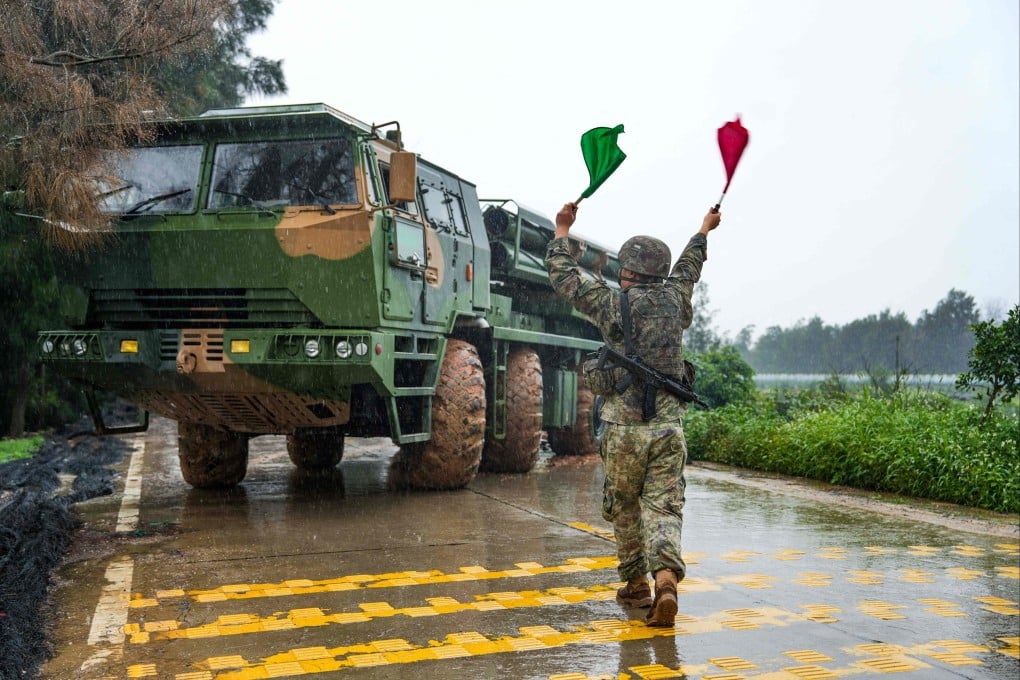Opinion | China is not going to cause World War III
- Using historical precedents to gauge the possibility of a world war is fraught with limitations and could lead to sensationalist conclusions

However, the question as to whether these developments signal that we are on a path to World War III is difficult to answer, and the Manichean arguments put forth by officials so far do the complexity of the issue a disservice. Using history as an analytical framework to assess current issues is popular but also fraught with limitations. No two periods are exactly alike. The cases of World War I and World War II offer limited value when examining the current global crisis.
World War I, for example, showed the danger of rampant popular nationalism. While the leaders of the central powers have been much criticised, in reality, all parties involved were heavily constrained by the growing nationalistic fervour in their countries that made rapprochement politically untenable. In an exchange between Kaiser Wilhelm II and Tsar Nicholas II in the days before their countries declared war on each other, both leaders expressed a desire for peace but by the end of the exchange the kaiser stated that he had “gone to the utmost limits of the possible in [his] efforts to save peace”.
Former US secretary of state Henry Kissinger said nations were caught in a “doomsday machine” at the onset of World War I, referring to the network of interlocking alliances and military mobilisation timetables.

